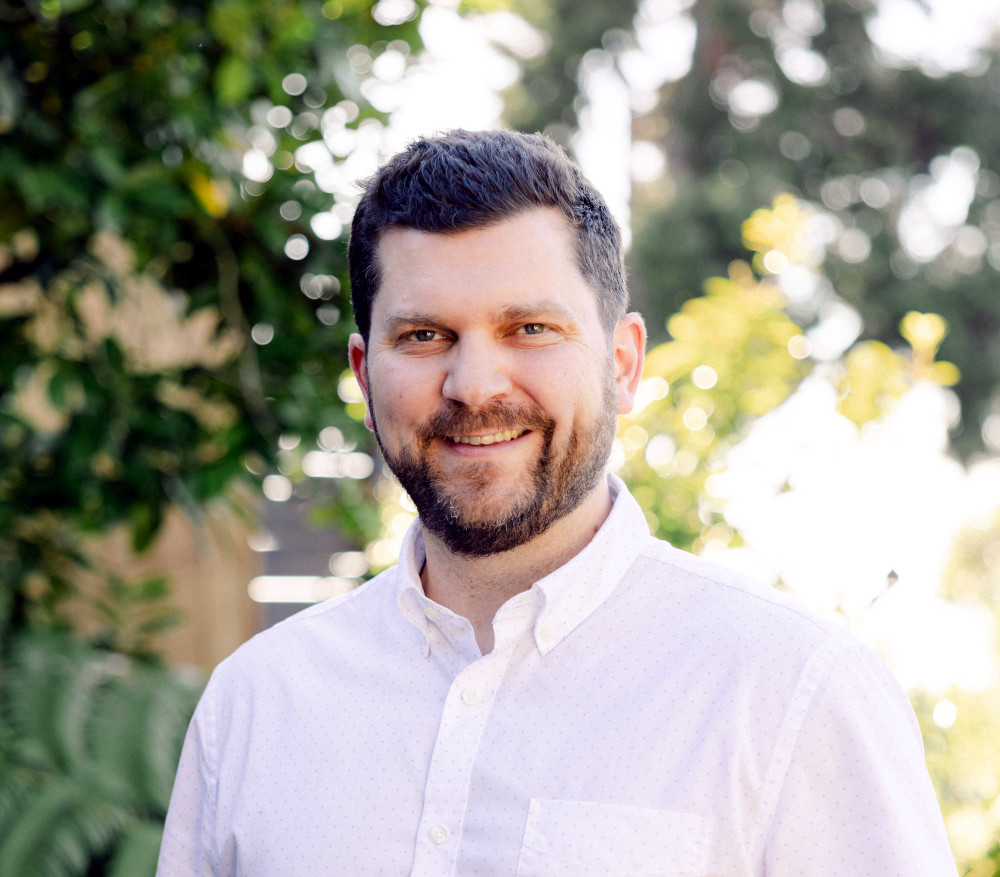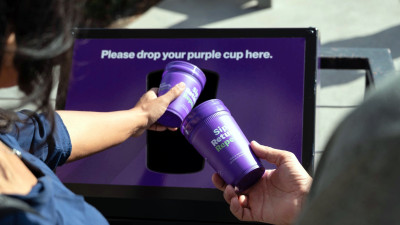EVgo, an electric vehicle (EV) DC fast charging solutions firm, has entered into a Memorandum of Understanding (MOU) with the University of California, San Diego to help support developments in sustainable energy technology, according to a recent announcement.
The agreement formalizes an already strong collaboration focusing on the intersection of electric vehicles and energy storage, and EVgo says it is leading two projects at the university.
In the first project, EVgo has constructed a site for assessing how owners of EV DC charging sites can leverage solar, battery storage and control systems to mitigate site host demand charges and provide services to the grid.
In the second project, EVgo will begin operating a fleet of bidirectional electric vehicles from Nissan and Honda, including a modified version of the Honda Accord Plug-in Hybrid, to test applicability of vehicle-to-grid technology for California. This vehicle-to-grid initiative builds off of EVgo’s ongoing collaboration with the University of Delaware.
In 2013, EVgo and the University of Delaware, working with PJM Interconnection, brought online the world’s first project where electric vehicles served as an official resource on a power grid.
The energy resources from both projects will feed into UC San Diego’s microgrid, considered one of the most advanced microgrids in the world. Serving more than 45,000 people, the microgrid generates more than 85 percent of the electricity used on campus annually and saves the university more than $8 million a year in power costs. The microgrid is an integrated system of energy sources — including solar, a fuel cell and a cogeneration plant — and energy storage along with the software that controls each system.
As part of the agreement, EVgo is funding UC San Diego faculty and staff to support the projects’ physical installations as well as EVgo’s research, development and demonstration objectives.
This collaboration is an opportunity to explore ties between zero emissions vehicles, the increasing use of energy storage, and the integration of renewable energy into the distribution grid, EVgo says. The increasing adoption of these technologies could have significant public health benefits, including for low-income communities.
A recent analysis of 10 EV fast charging NRG EVgo Freedom Station sites at Whole Foods Market locations in the San Francisco Bay Area found a 191 percent increase in EV charging over the last year. Whole Foods partnered with NRG EVgo to allow customers to quickly charge their EVs while they shop.
Most EV drivers can get a nearly full charge in less than 30 minutes with DC fast charging, meaning that station is in use dependably and almost continuously.
Get the latest insights, trends, and innovations to help position yourself at the forefront of sustainable business leadership—delivered straight to your inbox.
Founder & Principal Consultant, Hower Impact
Mike Hower is the founder of Hower Impact — a boutique consultancy delivering best-in-class strategic communication advisory and support for corporate sustainability, ESG and climate tech.
Published Nov 11, 2015 10am EST / 7am PST / 3pm GMT / 4pm CET








